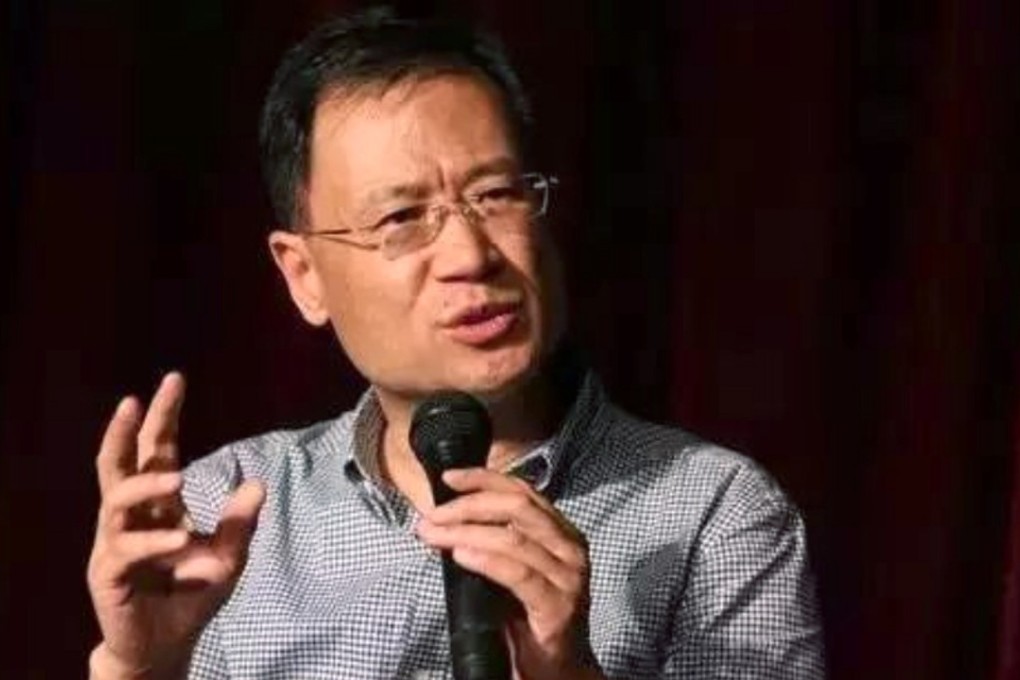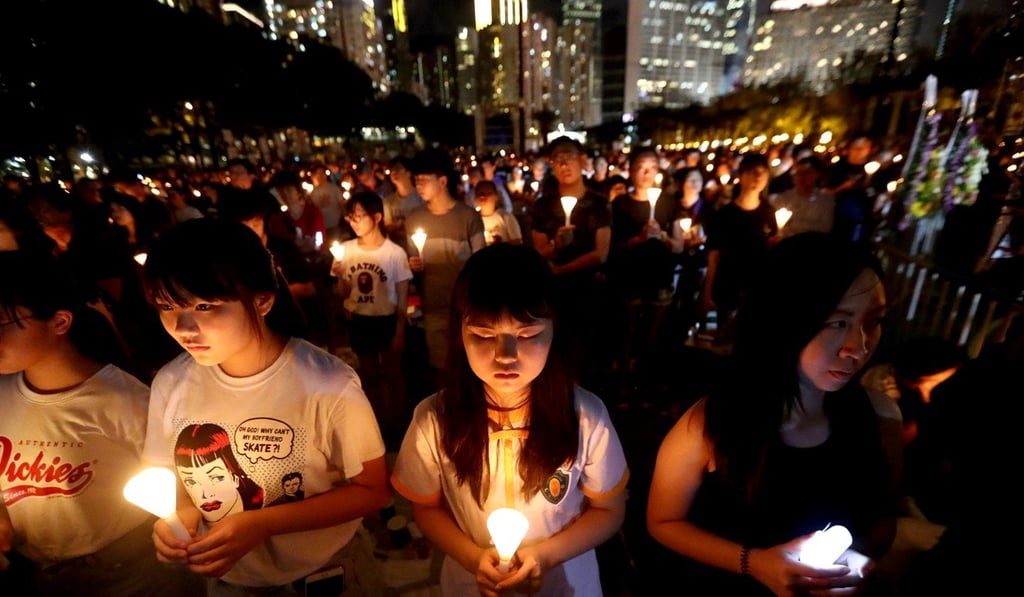China Briefing | China’s patriotism drive risks ostracising its intellectuals
If the intelligentsia are to free their minds – as the Communist Party has encouraged them to – they should be able to vent their feelings, too

By nature, China’s intelligentsia is by and large a cautious, worrying and cynical lot. For good reason. Throughout Chinese history, they have often found themselves on the wrong side of the ruling class.
Is Xi Jinping losing his grip – or just taking a more flexible approach?
After Deng Xiaoping came to power and put China on the path to reforms and opening up in 1978, he may have initially echoed the “red and expert” command but the rehabilitated intellectuals were more encouraged by his famous saying: “It does not matter whether the cat is white or black so long as it catches mice.”

Behind closed doors, academics and thinkers could discuss even the most sensitive topics including political reform.
